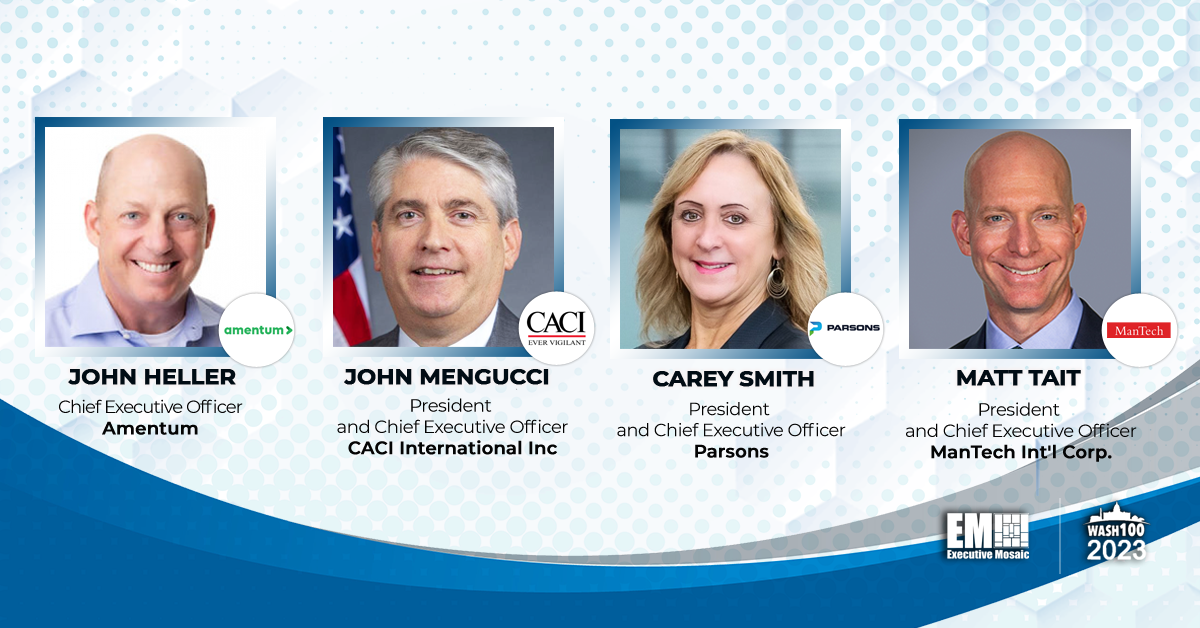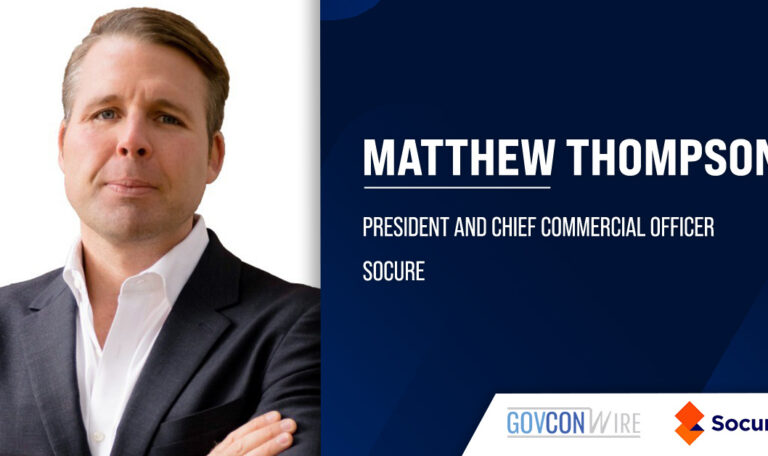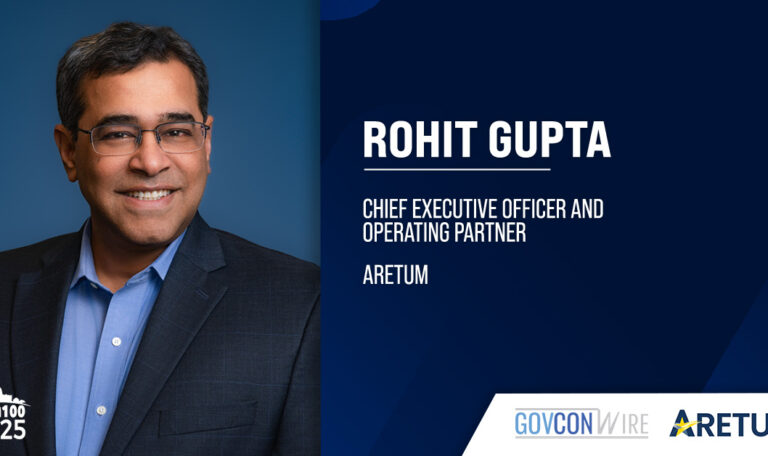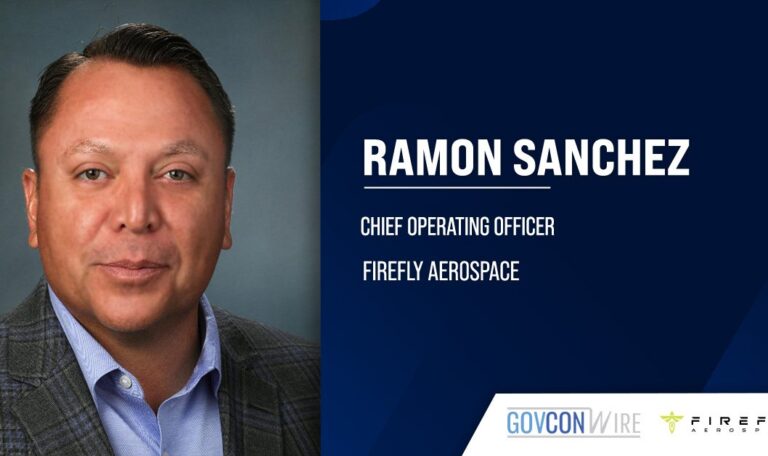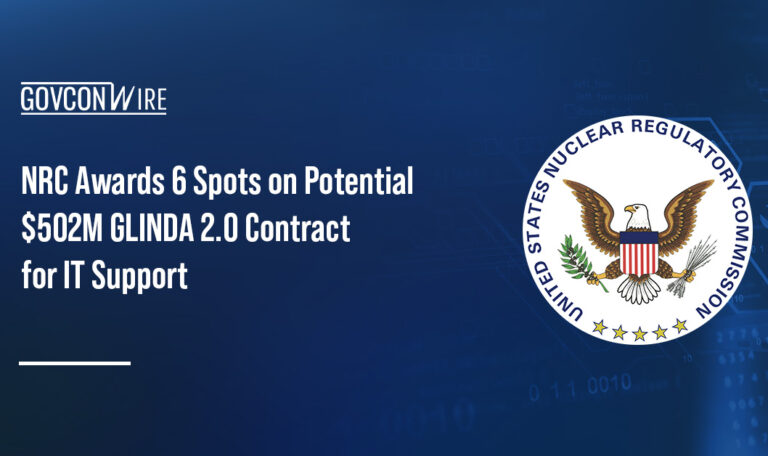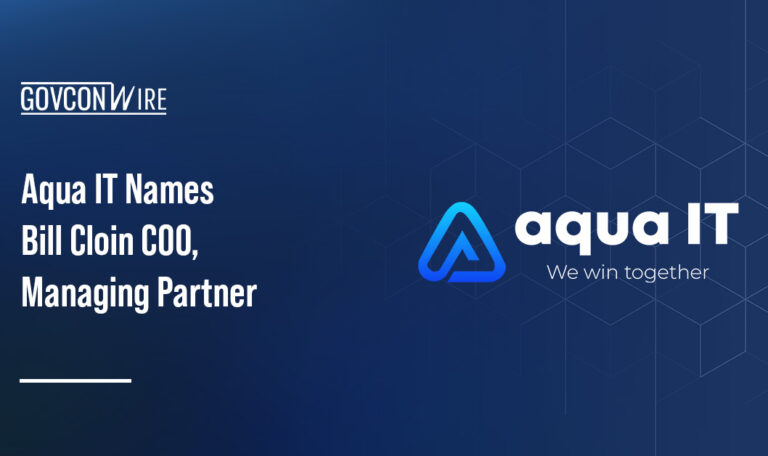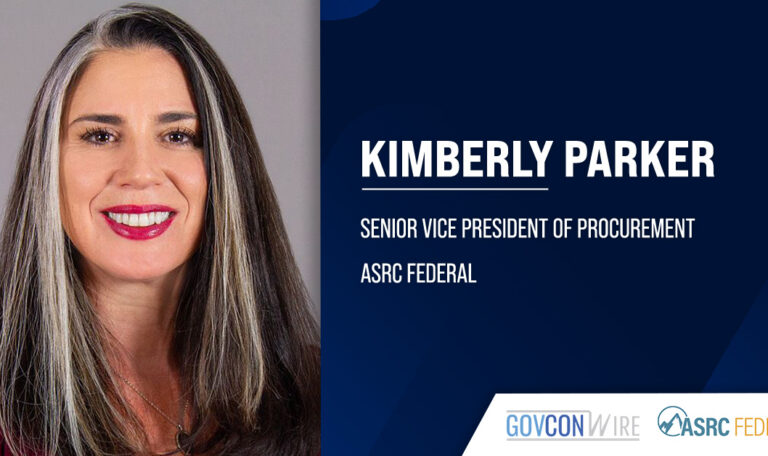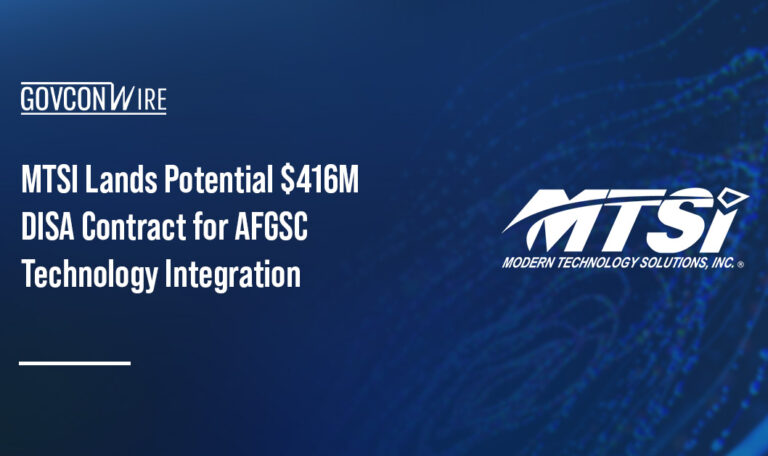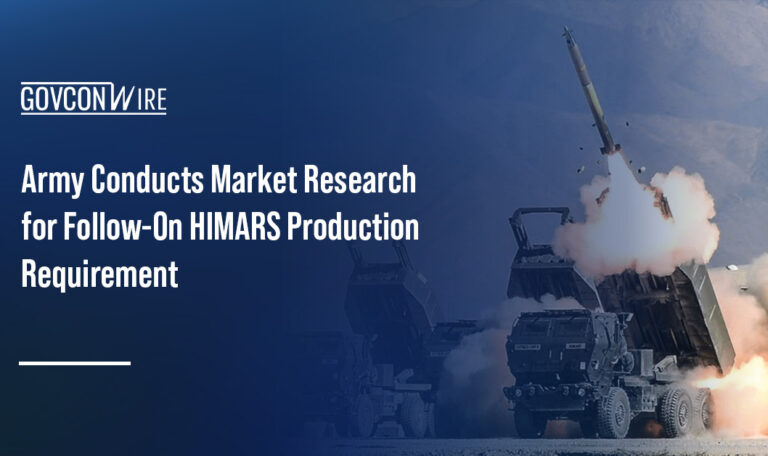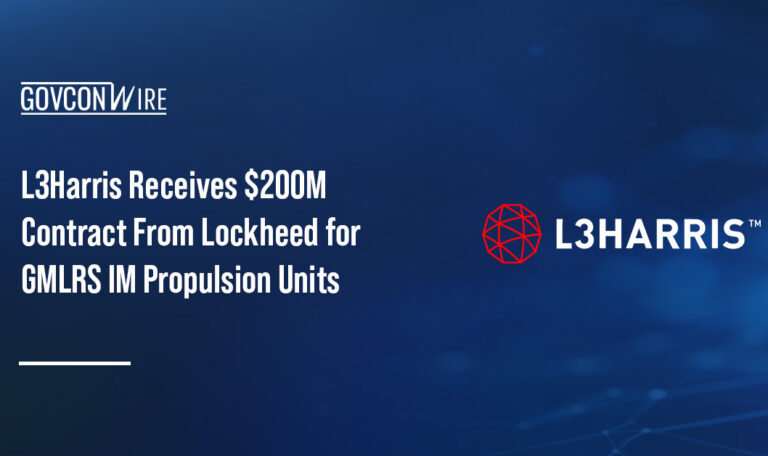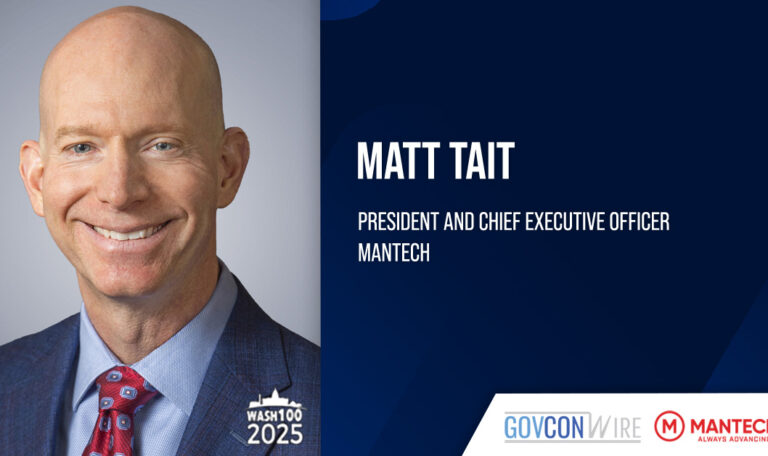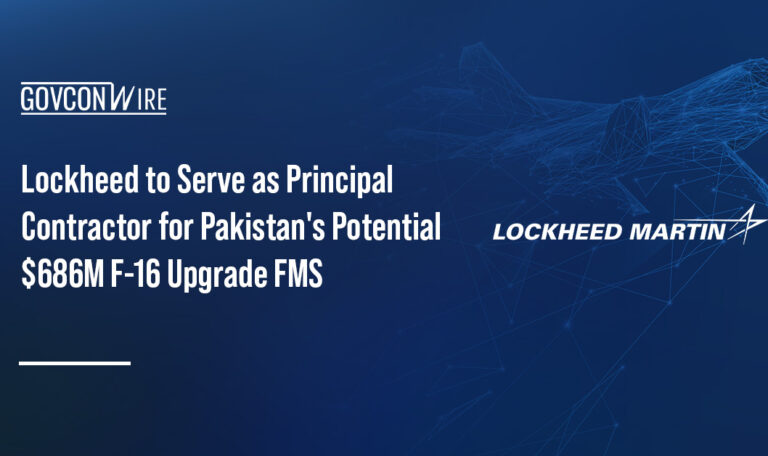Mergers and acquisitions deals are a feature of any industry where there are large enough companies and funds to support new combinations and ownership arrangements. They’ve become a particularly notable occurrence across markets in the 21st century, as large conglomerates buy up smaller operations. Government contracting is no different.
According to Amentum CEO John Heller, the GovCon industry finds itself in more of a “buyer’s market” right now than one optimal for selling.
Heller says this is attributable high interest rates, the “uncertainty of the budget” (referencing the federal government’s current continuing resolution) and the strength of the market, which is allowing his and other companies to “grow organically…so we don’t have to go out, we can invest internally and make things happen,” Heller told the audience at the Raymond James Defense & Government Conference on Thursday.
The Amentum chief executive spoke on a panel discussion alongside three other CEOs of major GovCon companies and fellow Wash100 Award winners: Carey Smith of Parsons, John Mengucci of CACI International and Matt Tait of ManTech Corporation. Raymond James’ Andy McEnroe moderated the discussion.
Mengucci differed slightly in his perspective on the buyer’s vs. seller’s market question.
“I think it’s always both [a buyer’s and seller’s market], frankly. I’m not trying to be Switzerland here, but it purely is. If there’s an asset out there that we can’t create the intellectual property or the long-term value faster than somebody else can, and that’s a gap for us, we’ll be all over our acquisitions. But we have to be discriminating buyers,” he reasoned.
ManTech has certainly been no stranger to the sell side: it was it was acquired and made private by the Carlyle Group in 2022 after a 20-year run as a publicly traded company, which Tait attested is working out well. But he also was sure to highlight a recent acquisition made by ManTech itself: the purchase of Definitive Logic, which was completed in September. With this move, which Tait characterized as a “pivot,” ManTech is aiming to expand into the “trusted advisor space.”
“We do a lot of the tech insertion and technology sustainment work…but we want to move more in[to] the consultant to services side…we’re trying to make sure we expand our capabilities, expand the art of possible for us,” Tait said.
Similarly, Smith depicted Parsons as an organization that’s aggressive and deliberate in its acquisition strategy. Of the 10 deals the company has completed over the last six years, nine have been concentrated firmly on national competition with near-peer threats. These efforts include a particular focus on cyber defense capabilities and countering hypersonic weapon threats.
But Smith was weary about the prospects of future deals: she said “it’s getting more difficult for big consolidations to happen” and that there is “more oversight now,” referencing the acquisition process for EverWatch Corporation and Booz Allen Hamilton, which was flagged by the Department of Justice.
“I think it’s going to be key that when you are looking at companies, you’re really looking at companies that are filling capability gaps and are not duplicative,” she stated.

CACI is sponsoring Potomac Officers Club’s Achieving Transformative Cooperation for National Defense Forum, hosted at 2941 Restaurant on March 14, 2024. The event will examine the future of Combined Joint All-Domain Command and Control and its impact on international security. Register here now! Seats are limited.


